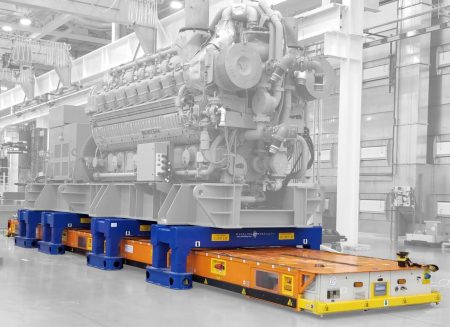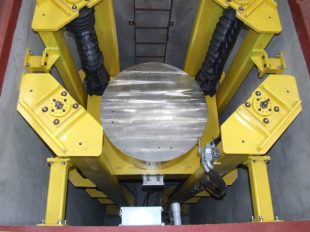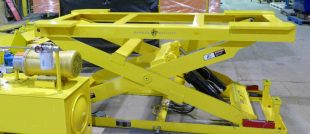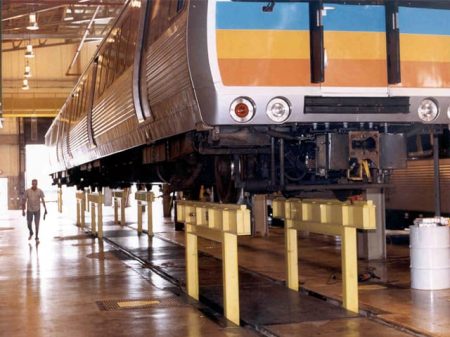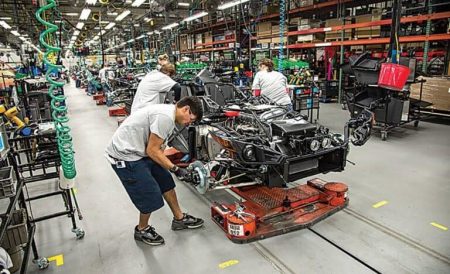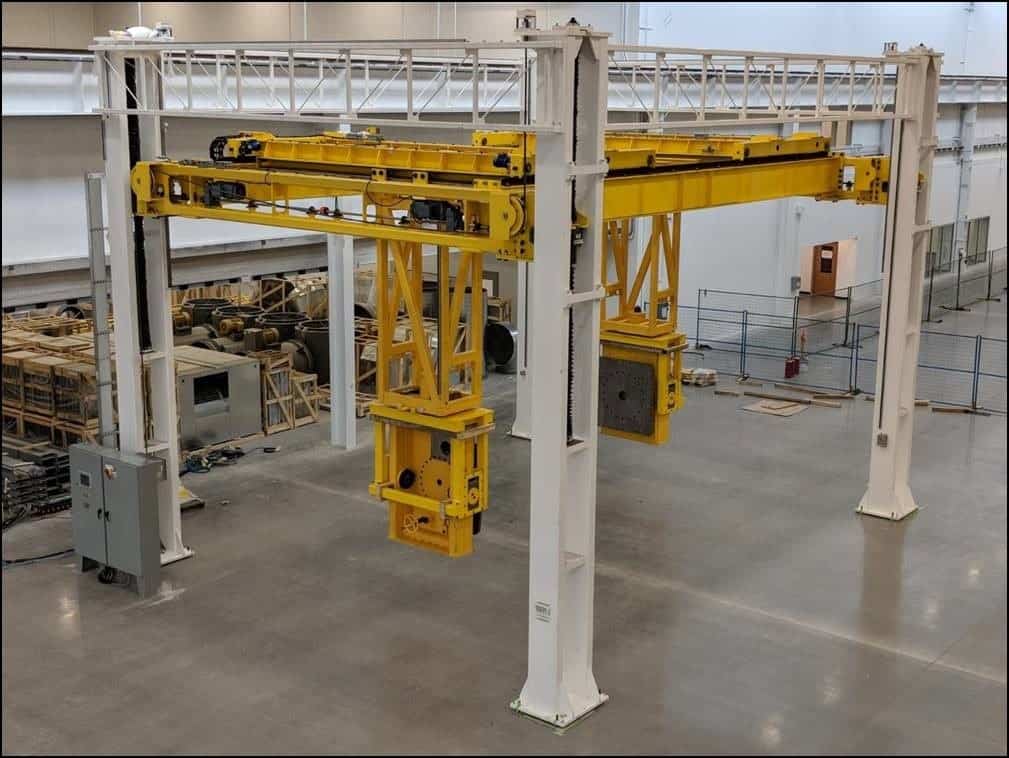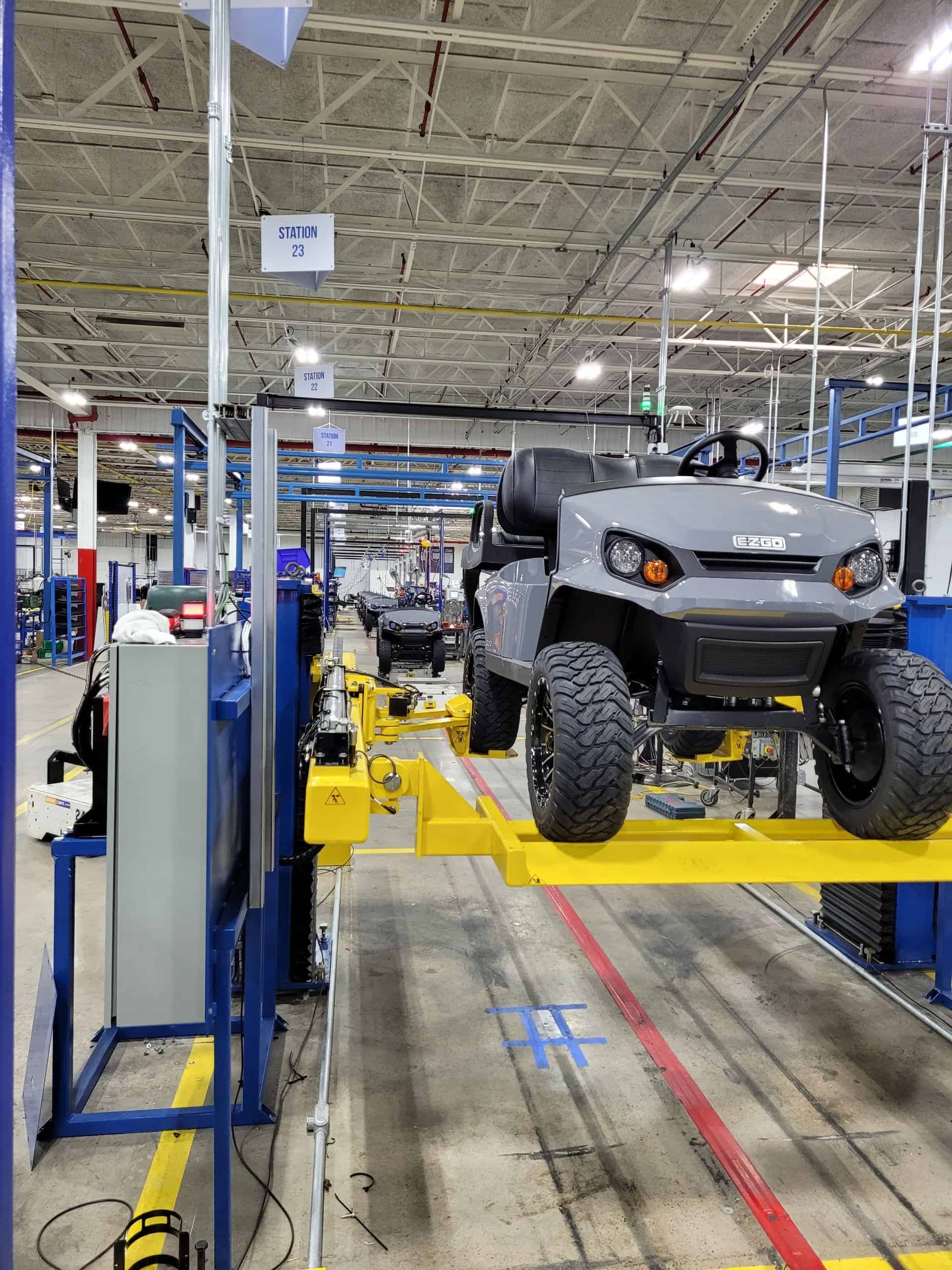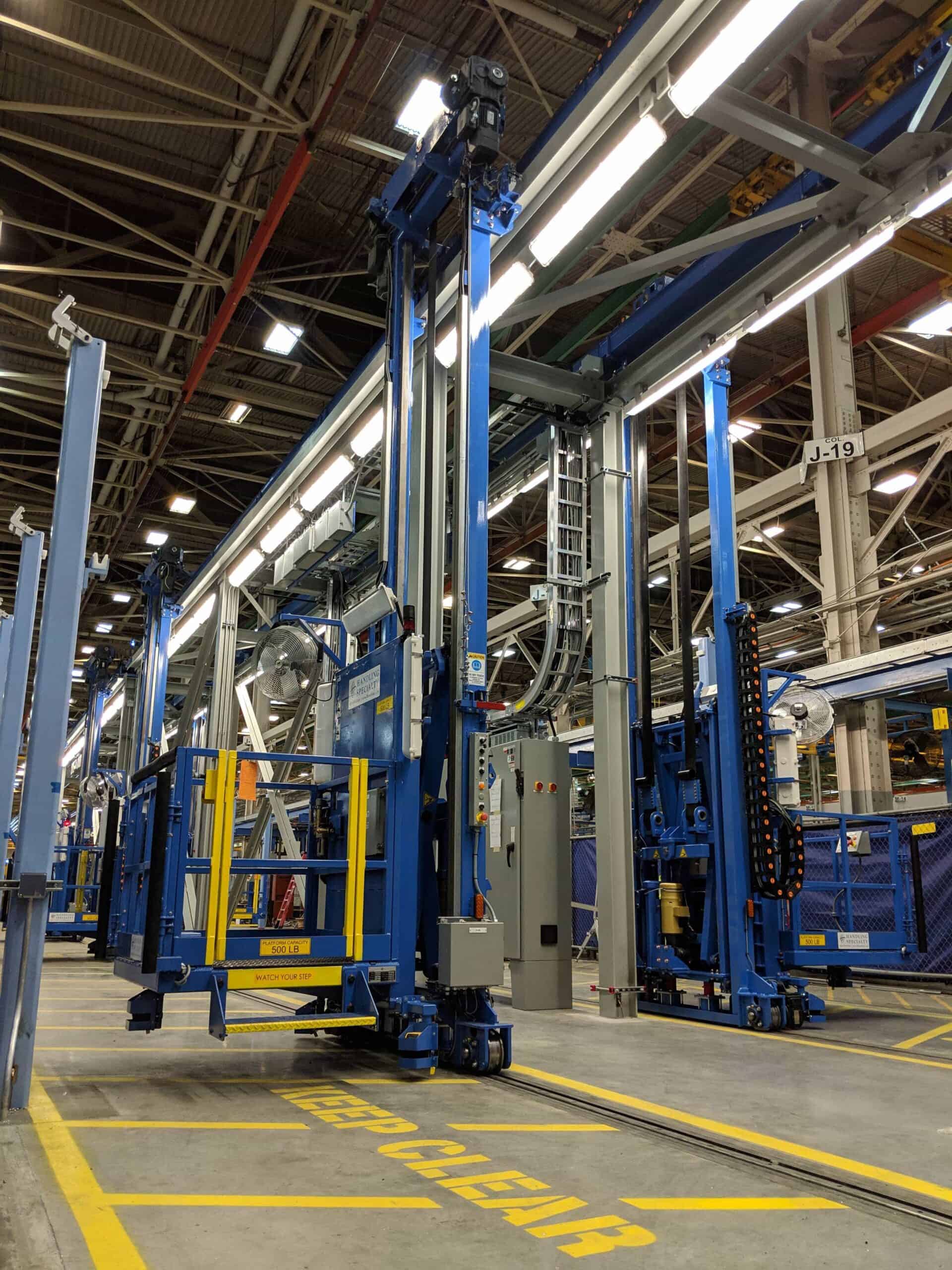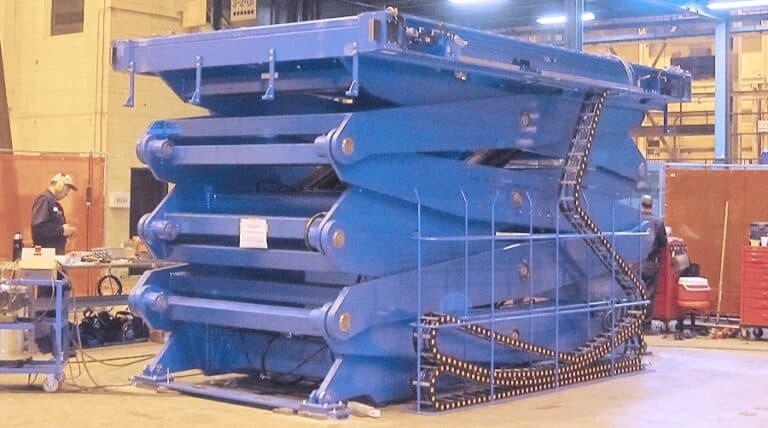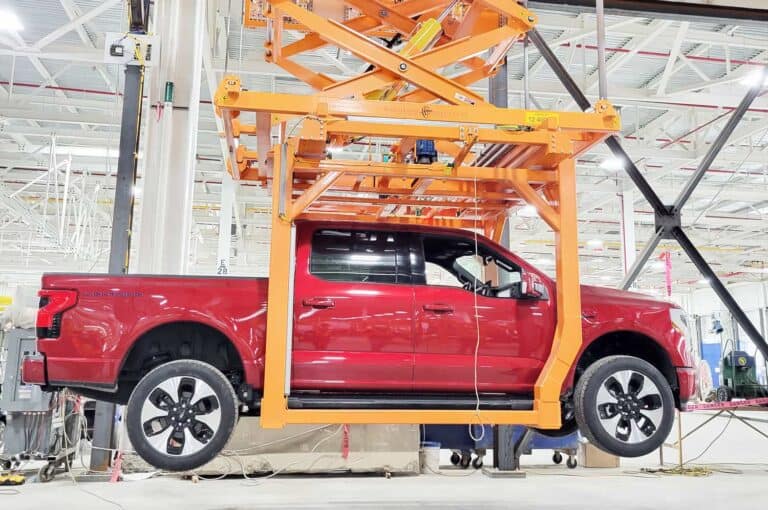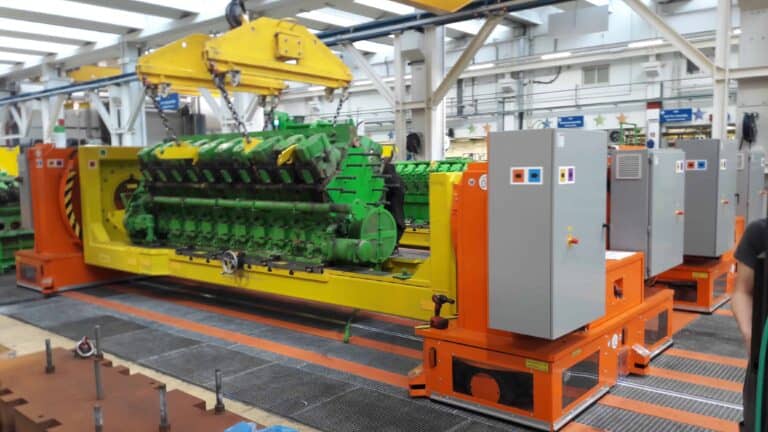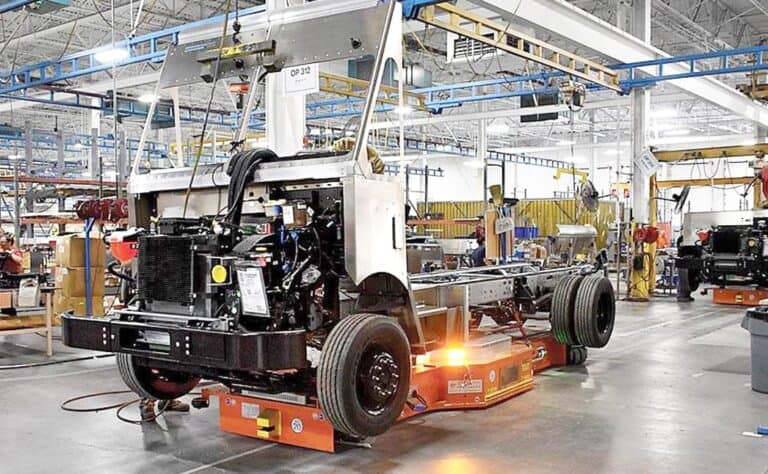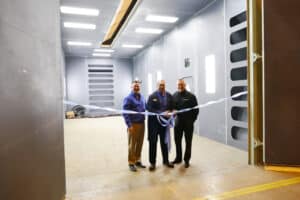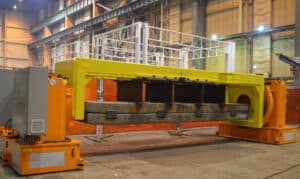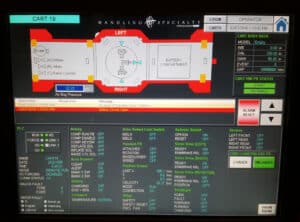Efficiency and cost management are critical to maintaining a competitive edge in modern assembly facilities. With technological advancements reshaping industries, adopting advanced material handling equipment is a game-changer. Not only do these systems streamline operations, but they also significantly reduce operational costs. This article explores various cost-effective advanced material handling solutions revolutionizing modern assembly facilities.
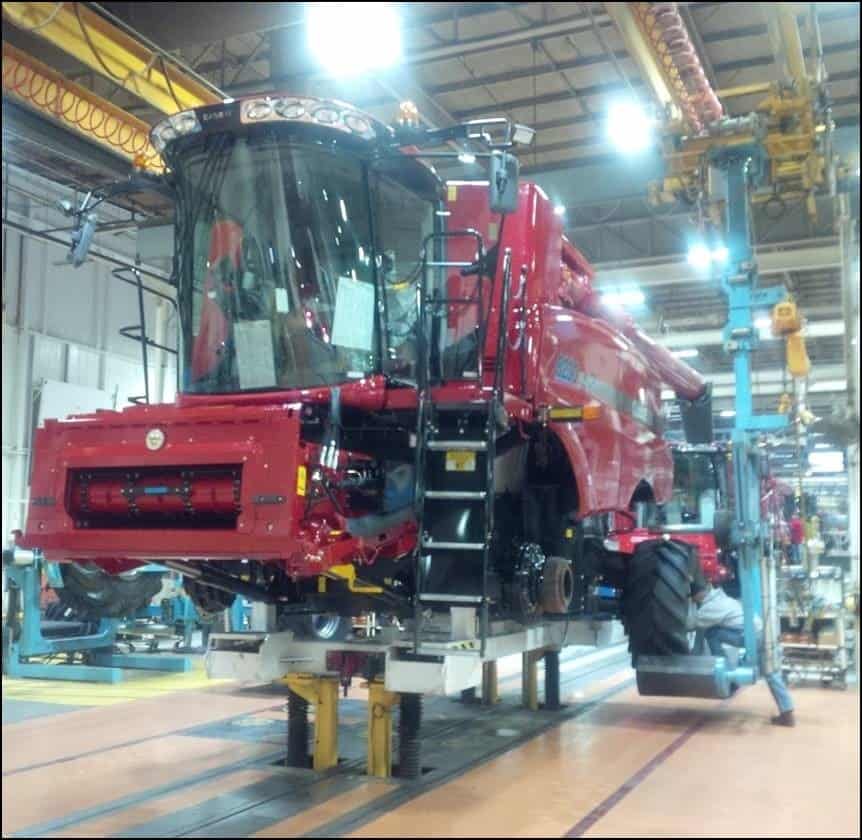
The Importance of Material Handling in Assembly Facilities
Material handling is a fundamental part of the manufacturing and assembly process, ensuring that materials, parts, and products are moved, stored, and controlled efficiently within a facility. In assembly facilities, where products are pieced together from various components, seamless material handling is essential for maintaining workflow continuity, minimizing downtime, and reducing labor costs. Proper handling also reduces product damage and ensures workplace safety.
Traditionally, material handling relied heavily on manual labor. However, modern solutions have increasingly embraced automation and advanced technologies to reduce human error, increase precision, and improve overall efficiency. This shift is significant in industries with complex assembly lines and high product volumes, such as the automotive industry.
Benefits of Advanced Material Handling Solutions
Integrating advanced material handling systems offers multiple benefits to modern assembly facilities. These include:
1. Cost Savings: By automating repetitive tasks, companies can reduce labor costs and improve throughput. Automation also helps minimize mistakes that lead to costly product defects or production delays.
2. Increased Efficiency: Automated material handling systems work continuously, improving overall production speed and eliminating the bottlenecks associated with manual handling.
3. Improved Safety: Advanced handling systems, such as automated guided vehicles (AGVs) and robotic arms, can handle dangerous or physically taxing tasks, reducing the risk of workplace injuries.
4. Enhanced Scalability: As demand increases, advanced systems allow manufacturers to scale up production quickly without significant additional labor.
5. Optimized Space Utilization: Advanced systems like multi-stage lifts enable facilities to maximize floor space, leading to better organization and assembly line efficiency.
Key Advanced Material Handling Solutions for Cost Reduction
1. Automated Guided Vehicles (AGVs)
AGVs are automated vehicles used to transport materials throughout assembly facilities. These vehicles are programmed to follow a predetermined path or dynamically navigate the facility using advanced sensors. AGVs significantly reduce the need for manual labor and improve transport speed, particularly in extensive facilities.
AGVs can deliver materials to specific assembly stations and work cells, transport finished goods to storage areas, and return empty containers. Their precision reduces the chances of error and product damage, leading to substantial cost savings.
2. Personnel Lifts
Personnel lifts are custom-designed/built material handling equipment to meet the assembly lines’ specific requirements and assist personnel in assembly, inspection, and maintenance repair operation (MRO) tasks. These units can be automated efficiently and ergonomically, allowing technicians to work comfortably as they assemble components.
3. Custom Work Positioners
Custom work positioners are designed and built to meet the requirements through rotating, tilting, and handling equipment while it passes through the assembly lines. Work positioners like head stock/tail stock products precisely position parts and improve ergonomics in assembly facilities by allowing workers to easily lift, position, and adjust parts and components during assembly. These systems are designed to handle parts of various sizes and weights, ensuring they are positioned accurately for assembly.
Custom work positioners reduce worker fatigue and the risk of injury, leading to a more efficient and safer workplace. Additionally, by improving positioning precision, these systems help reduce assembly errors, resulting in fewer defects and lower rework costs.
4. Multi-Stage Lifts
Multi-stage lifts are essential for transporting heavy loads between floors in facilities where vertical space is maximized. These lifts can handle various weights and sizes, making them ideal for the aerospace, automotive, and advanced material handling industries. Multi-stage lifts reduce the reliance on manual lifting, which can be slow and hazardous.
By automating vertical material handling, facilities can better utilize space, improve workflow, and reduce labor costs. These lifts are especially beneficial in assembly facilities with high ceilings or multi-level storage areas.
The Role of Technology in Advanced Material Handling
Technological advancements have made material handling systems more intelligent, adaptive, and efficient. Technologies such as the Industrial Internet of Things (IIoT), artificial intelligence (AI), and machine learning (ML) have significantly enhanced their performance.
IIoT and Connectivity: IIoT-enabled devices allow for real-time monitoring of material handling equipment. Sensors provide data on machine conditions, enabling predictive maintenance and reducing downtime. Additionally, IoT technology helps optimize material flow by ensuring that machines are working at peak efficiency.
Data Analytics: Data analytics is vital in understanding the performance of material handling systems. By analyzing production data, facilities can identify areas where efficiency can be improved, reduce costs, and increase productivity.
Reducing Operational Costs Through Material Handling Optimization
Implementing advanced material handling solutions can significantly reduce operational costs in several ways:
Labor Cost Reduction: Automating tasks such as material transport, storage, and positioning eliminates the need for large labor forces. This reduces wages and mitigates the costs associated with worker training, injuries, and turnover.
Increased Throughput: Automated systems increase the speed and accuracy of material handling processes, allowing assembly facilities to produce more goods in less time. This efficiency leads to higher productivity and reduced per-unit costs.
Reduced Product Damage and Waste: Advanced handling systems minimize the chances of human error, reducing the likelihood of product damage and costly waste, which is especially important in industries that deal with fragile or high-value products.
Energy Efficiency: Many modern material handling systems are designed to be energy-efficient. By using advanced sensors and controls, these systems can reduce energy consumption, leading to lower operational costs and a reduced environmental footprint.
Conclusion
In today’s highly competitive manufacturing landscape, modern assembly facilities must leverage advanced material handling solutions to reduce operational costs, improve efficiency, and stay ahead of the competition. Technologies such as AGVs, custom personnel lifts, work positioners, and multi-stage lifts enhance production speed and ensure a safer and more cost-effective working environment.
By investing in these advanced solutions, assembly facilities can optimize operations, reduce manual labor, minimize product damage, and ultimately improve their bottom line. As technology continues to evolve, the potential for further cost savings and efficiency gains in material handling will only increase, making it an essential focus for manufacturers looking to succeed in the modern era.
Are you looking to add advanced material handling to your assembly or MRO facility?

